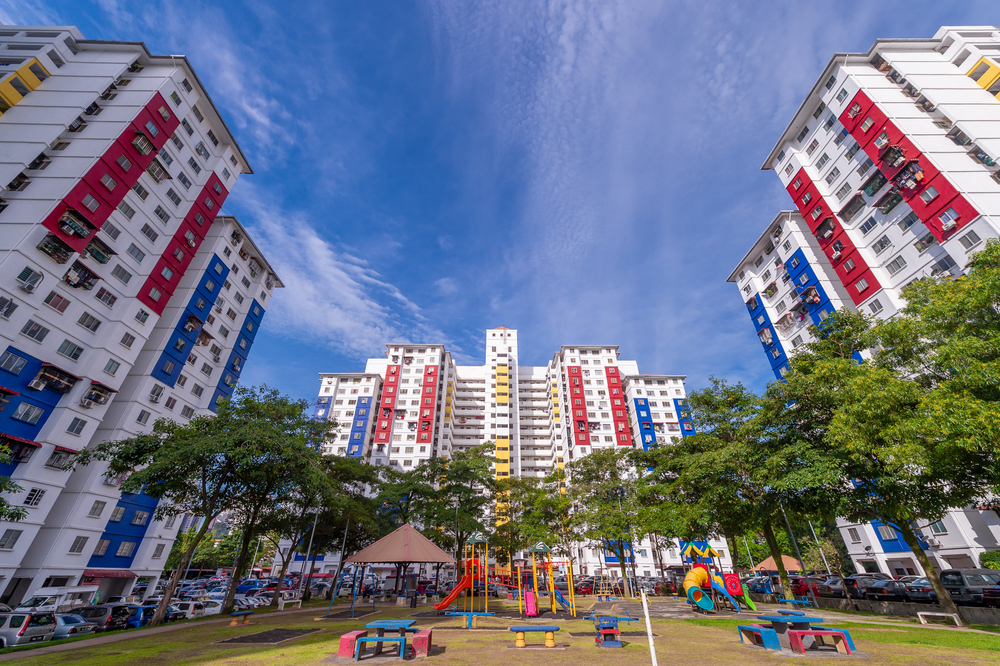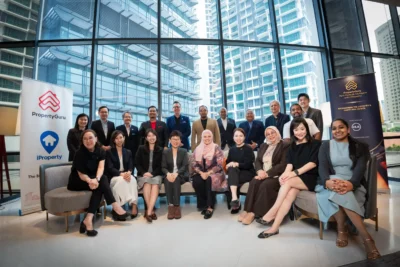Malaysia homeownership slows down with $4.3 billion yet to be sold
Some factors for the stagnation include a mismatch in supply and demand and uncertainties from the pandemic
Malaysia’s housing and local government minister announced that a total of 27,468 new homes valued at MYR18.4 billion (USD4.3 billion) haven’t been sold in Q1 2021 thus far, reported Free Malaysia Today.
Reezal Merican Naina Merican told Dewan Rakyat that the homeownership programme was anticipated to remain slow till the end of this year.
The slowdown is attributed to several factors, including a mismatch in supply and demand, location, pricing, and the uncertainties caused by the COVID-19 pandemic.
Merican also added that the market value of homes also depends on the rising land cost and construction material.
More: Rising remote working leads Malaysians to migrate out of urban areas
In response to how the state can avoid the ongoing mismatch between supply and demand and ensure affordable housing, the ministry will use big data analytics to obtain on-ground pictures and seek ways to reduce the number of unsold units.
Additionally, the ministry will investigate comprehensive housing policies at federal and state levels to boost homeownership, as well as implement measures that guide developers to submit feasibility studies to avoid supply and demand mismatches.
The Property Report editors wrote this article. For more information, email: [email protected].
Recommended
6 reasons Bekasi is rising as Greater Jakarta’s next hotspot
One of Greater Jakarta’s rising stars is prospering, thanks to ample recreation and a contingent of desirable housing projects
6 developments driving Asia’s green real estate shift
Developers are being incentivised to push a green agenda into daring new realms
The Philippines’ LIMA Estate drives sustainable industrial growth
LIMA Estate models a citywide vision that uplifts workers while appealing to climate-conscious employers
Malaysia property market rebounds with foreign interest and growth
The nation’s property market is stirring to life, fuelled by foreign buyers and major infrastructure drives








